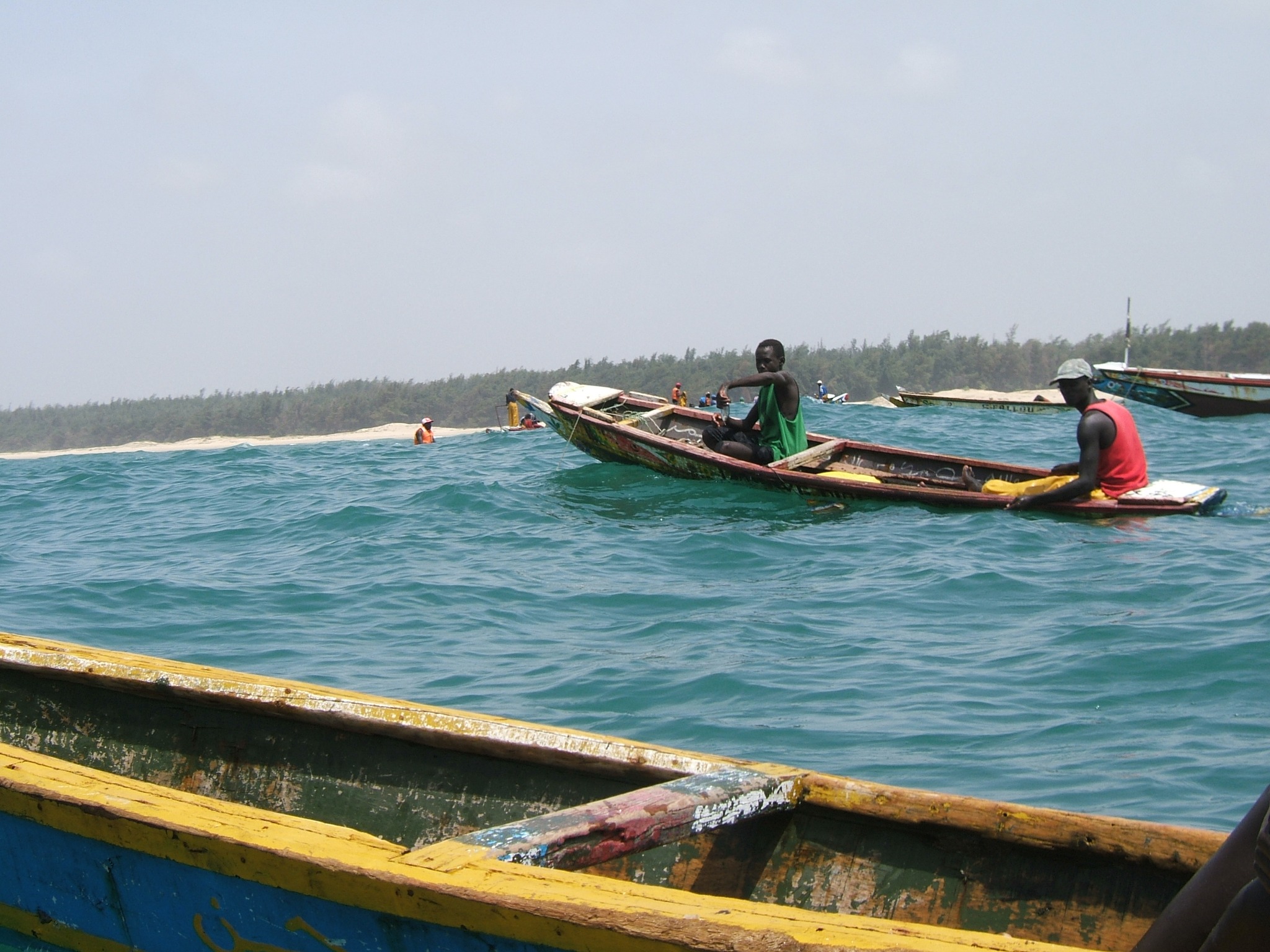Small-scale artisanal fisheries are largely underestimated in terms of their catch volumes and contribution to the local economy — and at the same time they are adversely affected by industrial fishing, offshore aquaculture, tourism and other uses of coastal waters. Assessing the value and importance of small-scale fisheries is a crucial step towards countering the threats they face. This also benefits fishes, because if fisheries can minimise the suffering of the animals concerned, small-scale fisheries are more likely to succeed than their industrial competitors, which use heavy fishing gear.
The depletion of fish stocks along the Senegalese coast by industrial fishing fleets from Europe, China and other countries has led local fishermen to flee to Spain in their pirogues [1] – while their colleagues have proven that they can shorten and reduce the suffering of the fishes [2]. One reason why foreign trawlers are able to decimate African fish stocks is the far too low fees they have to pay for fishing rights [3]. But even in Europe, small-scale fishermen must fight for fairer treatment [4]. The International Collective in Support of Fishermen (ICSF) is therefore calling on the EU Fisheries Commissioner to make conditions fairer for small-scale fishermen [5].
Data shows how important small-scale fishing is
Small-scale fisheries around the world are increasingly being ignored and are therefore under pressure. Fortunately, since 2017, an international and multidisciplinary consortium has been working to bridge the enormous knowledge gaps about small-scale fisheries at the global level. Initial data has recently been published by the Illuminating Hidden Harvests (IHH) project. Researchers estimate that small-scale fisheries account for 44% of the economic value of total global catches, contributing at least 77 billion USD to the global economy each year [6]. An earlier FAO study (2023) estimated that small-scale fisheries account for 40% of global catch volume. Excluding industrial fisheries for fishmeal and fish oil production, which is mainly used to feed farmed fish, small-scale fisheries actually provide 53% of all fish caught for human consumption [7].
The FAO study mentioned above estimates that small-scale fisheries account for 54% of all first sale seafood revenues; a high percentage that may be mainly due to the fact that small-scale fisheries usually sell their catches directly to end consumers, while industrial catches mostly enter a value chain with many successive participants. According to the IHH study, around 53 million people are directly involved in small-scale fisheries [1], while the earlier FAO study [7] estimated this figure at 60 million people, or 90% of all fish workers.
Conclusion
There are good reasons to recognise the hard work of small-scale fishers: they make a significant contribution to local food security and the local economy and could do even more if they were not exposed to competition from industrial fishing, which has a much greater impact on aquatic animals and their environment.
Title picture:
Handliners on the coast of Kayar, Senegal (photo: Billo Heinzpeter Studer)
References:
[1] «Senegals fishermen head for Spain as fish-stocks dwindle at home»
and fair-fish video ‚No Future‚
[2] ‚Experiences in improving fish welfare in artisanal fishery‚ (presentation, 2018)
and ‚Experiences in reducing fish suffering in artisanal fisheries‚ (presentation, 2025)
[3] ‚Fishing at a discount: rethinking the design of fisheries access fees in Africa‚
[4] ‚European small-scale fishers unite for fairer fishing practices‚
[5] ‚ICSF endorses letter calling on EU Fisheries Commissioner to make fishing fair‚
[6] ‚Stop ignoring small-scale fisheries in economic models‚
[7] ‚Artisanal fisheries deserve recognition‚

